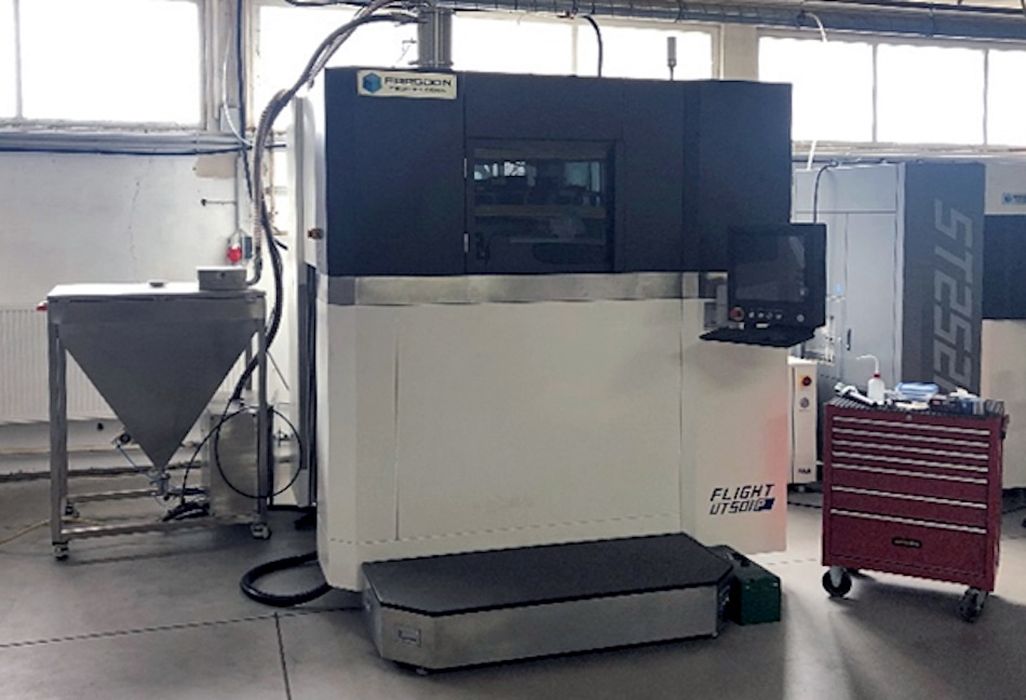
Farsoon added two high temperature polymers to their extensive list of materials for LBPF 3D printing.
The company produces medium-large format industrial 3D printers for both polymer and metal applications, and is one of the largest 3D printer manufacturers on the planet, according to our weekly leaderboard.
This week they announced that a round of beta testing was completed, certifying two new and very interesting materials. The testing was conducted with AMRauch, a German firm specializing in LBPF 3D printing of high performance polymers.
The two materials in question are both PPS (Polyphenylene sulfide): TORAY PPS-GF25 and LUVOSINT PPS 9268 BK. PPS exhibits very strong thermal resistance, and is also resistant to solvents, aging, sunlight and abrasion. It is also challenging to dye.
One of the most unusual properties of PPS is that a PPS object, when struck, rings like a bell. I’ve handled prints made from Polymaker’s PPS filament for FFF devices, and indeed the parts do ring when struck.
These make PPS ideal for production of a wide variety of products, particularly those required in challenging environments.
The testing at AMRauch involved use of two Farsoon machines, the medium-sized ST252P and the large format UT501P, which was customized for the testing and can reach temperatures of up to 340C. The UT501P offers a large print volume of 440 x 440 x 450 mm, enabling the production of large PPS parts. Farsoon explained:
“In recognition of this collaboration, AM-Rauch and Farsoon jointly worked on a customized large-format polymer PBF system Flight UT501P featuring robust fiber laser and ultra-temperature capability up to 340C. Thanks to the expanded build volume of UT501P – for the first time, large-format parts with volumes up to 440 x 440 x 450 mm can now be produced targeting exceptional quality at highly competitive cost per part. Further materials from the PAEK family are expected to be qualified in the near future, expanding the range of high-performance polymers available for additive manufacturing.”
The output from the testing is a set of process parameters that can be used by Farsoon customers on their own equipment to print these new PPS materials.
PPS is an amazing material that should gain more widespread use in 3D printing at all levels.
Via Farsoon
